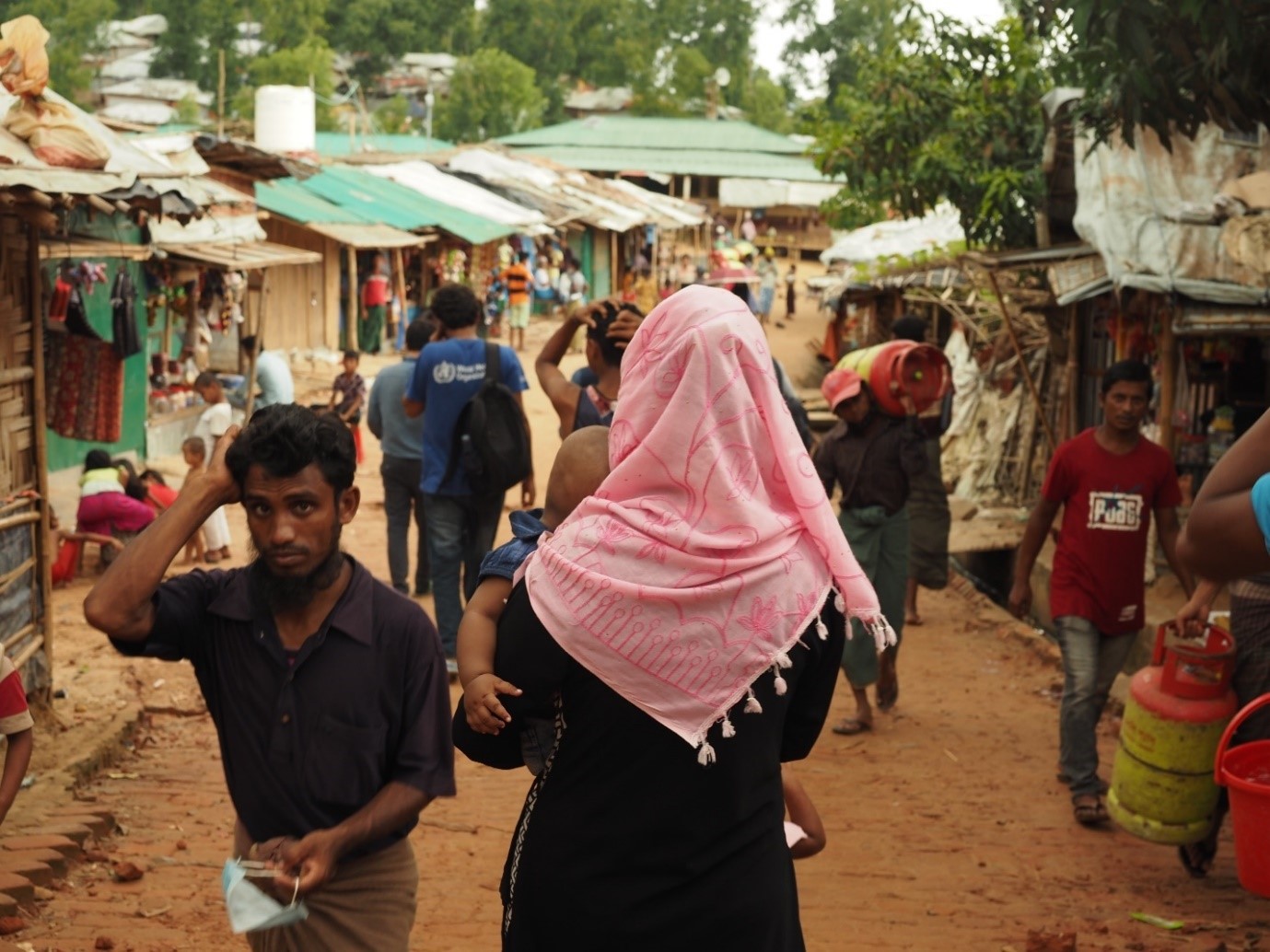Strengthening health sector response to gender-based violence in humanitarian emergencies
Gender-based violence (GBV) is a major public health issue worldwide. GBV is a violation of human rights driven by inequalities between men and women in society. Armed conflict, natural disaster, and disease outbreak exacerbate the risk of GBV, particularly violence against women and girls.
GBV has potentially significant and long-lasting physical and mental health impacts, including injury, unintended pregnancy and pregnancy complications, sexually transmitted infections (STIs), HIV, depression, and post-traumatic stress.
Providing health services for survivors of GBV is a minimum standard in humanitarian emergencies. Health workers are often the first – and only – point of contact for survivors. Safe, timely health care including first-line support (LIVES), medical examination and treatment, and referrals to other essential services can be life-saving.
WHO is the designated UN lead agency for the Health Cluster and has long-standing engagement in health systems strengthening in countries affected by humanitarian crisis, resulting in being uniquely placed to address GBV. WHO is taking strategic action to address GBV in humanitarian settings by:
- developing standard setting guidance and tool
- strengthening health workforce capacity
- improving humanitarian health coordination
- deploying GBV expertise to new emergencies globally




